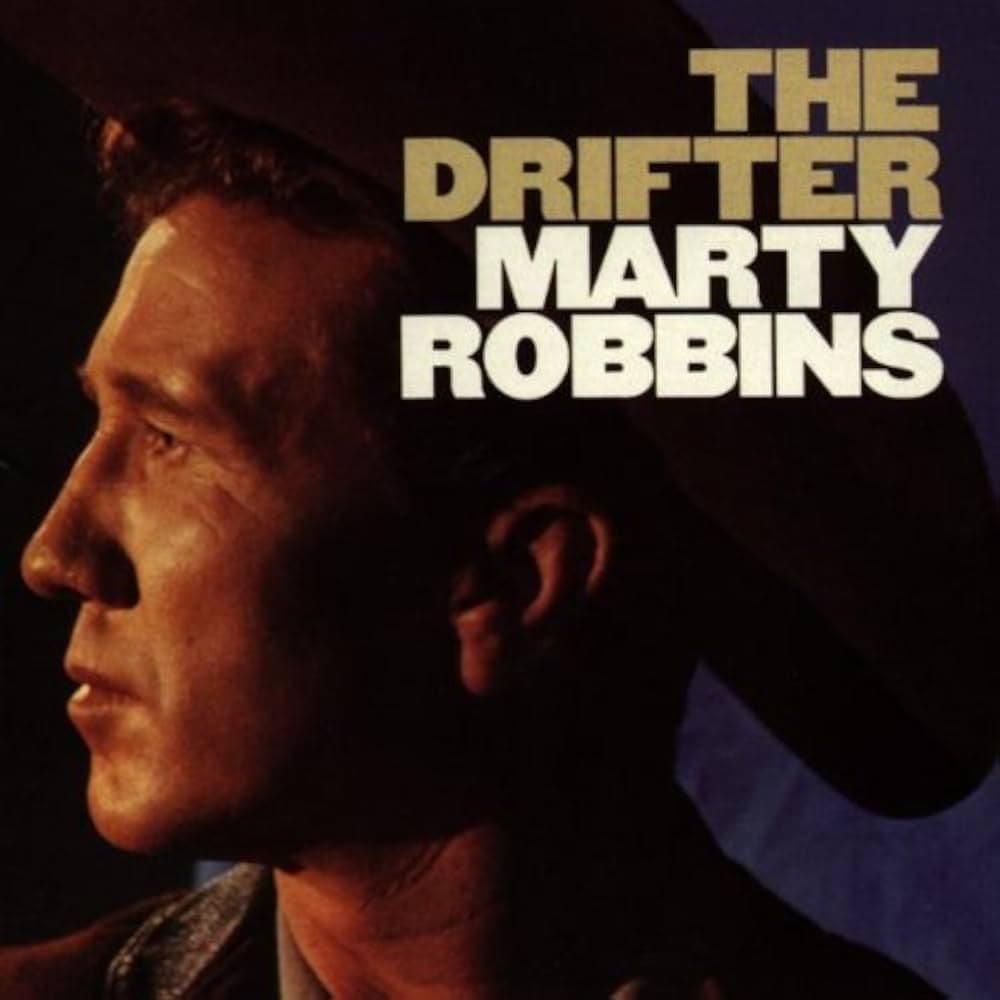
Where the Trail Ends and the Heart Breaks
In the late 1950s, as rock and roll threatened to drown out the echoes of the Old West, one man stood firm, his voice a golden thread weaving together history, romance, and tragedy. That man was Marty Robbins, and his legendary 1959 album, Gunfighter Ballads and Trail Songs, didn’t just preserve the cowboy song tradition; it elevated it to an art form. Within this collection of sprawling narratives and melancholy hymns sat the gentle, yet profoundly sorrowful, traditional tune, “Red River Valley.”
While this specific track was not released as a chart single, its impact came as part of a whole. The album, Gunfighter Ballads and Trail Songs, was a colossal success, a rare instance where a pure Western-themed record crossed over into the mainstream. Driven by the mega-hit “El Paso,” the album soared to Number 6 on the all-genre Billboard 200 chart and was later certified Platinum. Thus, “Red River Valley” rode the coattails of this massive success, becoming a familiar, reflective favorite for millions who brought Robbins’ vision of the frontier into their living rooms.
The song itself is perhaps one of the most famous and most historically complex folk songs in North America. Its origins are shrouded in mystery, dating back perhaps as early as the 1870s, possibly referring to the Red River of the North in Manitoba, Canada, where local women (potentially Métis) bid farewell to departing soldiers of the Wolseley Expedition. However, by the time it was popularized in the early 20th century by cowboy singers from Texas, it had become firmly associated with the Red River of the South, which forms the border between Texas and Oklahoma. It evolved into the definitive Western lament: a cowboy pleading with his sweetheart who is leaving the valley to return to civilization back East.
The lyrics that Marty Robbins delivered are the well-known, heartbreaking plea: “From this valley they say you are going / We will miss your bright eyes and sweet smile / For they say you are taking the sunshine / That has brightened our pathway a while.” This is the classic, aching premise of the Western genre, a theme that resonates deeply with older readers who understand the pain of a necessary parting. It speaks to the sacrifice required for a life on the edge of the known world—a life that is too harsh or lonely for the one you love most.
Robbins’ rendition, marked by his smooth, honeyed baritone and restrained acoustic arrangement, treats the old standard with a dignity it deserves. Unlike the dramatic gunfight tales surrounding it on the album, “Red River Valley” is quiet contemplation. It is the sound of the campfire dying down, the last song before the long sleep, filled with the bittersweet memory of a girl who brought “sunshine” to the harsh, unforgiving trail. It’s a moment of pure, unadorned sadness, proving that Marty Robbins was not just a gunfighter balladeer, but a master poet of the cowboy’s lonely heart.